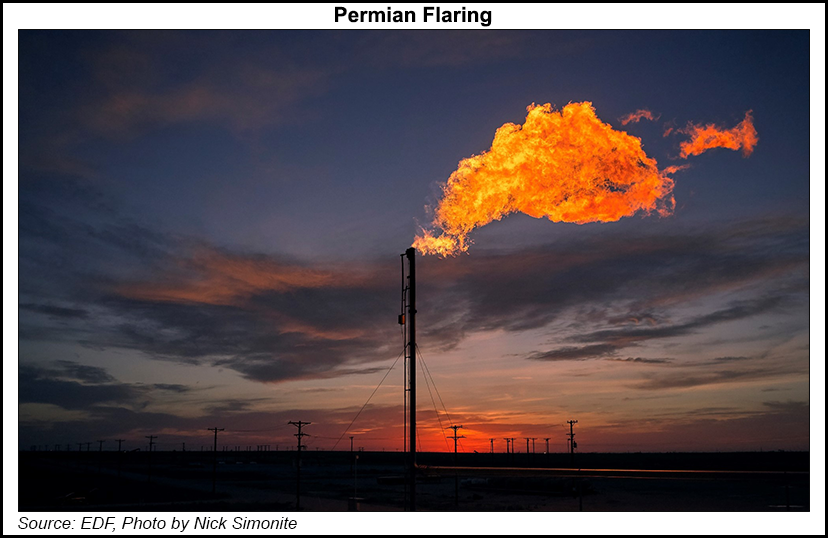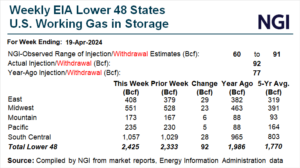As Texas regulators attempt to determine how much is too much, an industry coalition on Wednesday said it would snuff out natural gas flaring in the state by 2030.
The announcement by the Texas Methane & Flaring Coalition, made up of seven trade associations and more than 40 top operators, came one day after the Railroad Commission of Texas (RRC) deferred dozens of requests to flare gas by exploration and production (E&P) companies.
Venting and flaring have been in the sights of environmental groups for years, and of late, increasingly by the RRC. The commission remanded 14 flaring requests for additional review by agency staff. However, it also approved dozens of other applications at the meeting.
Commissioners Jim Wright and Wayne Christian said flaring may at times be...



